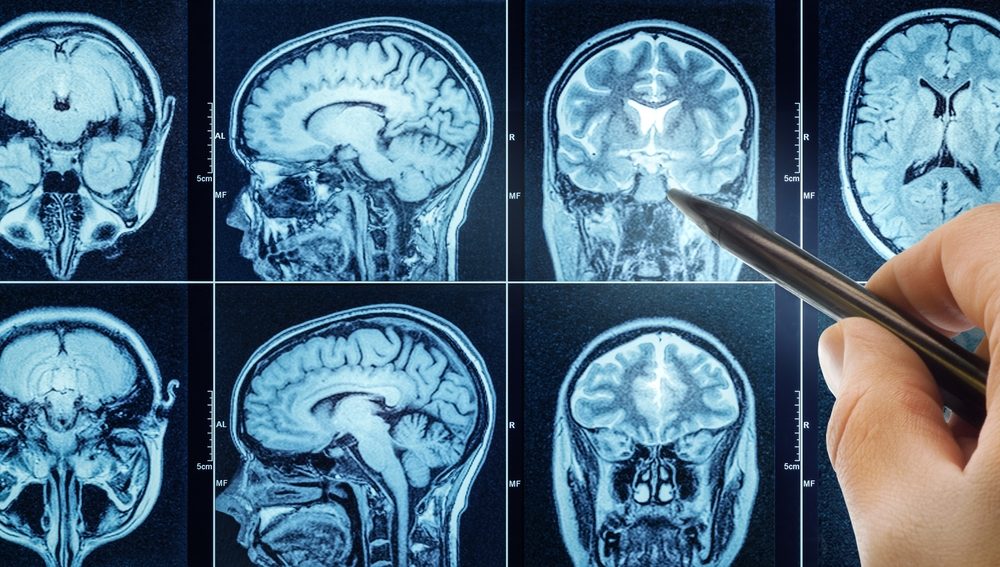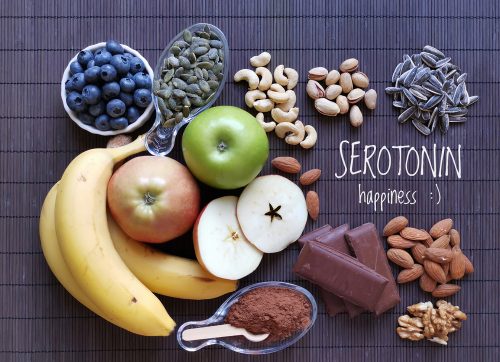
What Neuroscience in 2024 Taught Us About Mental Health
In 2024, the field of neuroscience continued to push the boundaries of what we understand about mental health and the brain, yielding discoveries that challenge conventional thinking and hint at transformative possibilities.
- Author:
- Devin Merriman
- Date:
- January 3 2025
While scrolling through recent articles, I came across one that reviewed some of the biggest research developments of the year. What stood out to me were the insights into how deeply interconnected our brain health is with everyday experiences like sleep, diet, and social interactions.
Inspired by the fascinating findings in that piece, this overview highlights some of the most compelling breakthroughs from 2024—discoveries that deepen our scientific knowledge and remind us of the intricate connections between our minds and the world around us.
Handwriting Enhances Learning and Memory
Recent studies have demonstrated that writing by hand surpasses typing in promoting learning and memory retention. The tactile engagement and cognitive processes involved in handwriting appear to strengthen neural connections, facilitating deeper comprehension and recall.
Gut Microbiome's Influence on Mental Health
Emerging research has highlighted the significant role of the gut microbiome in mental health. The complex interplay between gut bacteria and brain function suggests that maintaining a healthy gut could be integral to psychological well-being, potentially influencing mood and cognitive processes.
Sleep's Crucial Role in Emotional Regulation
The importance of sleep in emotional regulation has been further underscored by recent findings. Adequate sleep is essential for processing emotions and maintaining mental health, with sleep deprivation linked to heightened emotional reactivity and increased susceptibility to mental health disorders.
Physical Exercise as a Cognitive Enhancer
Physical exercise has been reaffirmed as a potent enhancer of cognitive function. Regular physical activity promotes neurogenesis and improves brain plasticity, contributing to better memory, attention, and problem-solving abilities.
Social Connections Mitigate Cognitive Decline
Strong social connections have been found to play a protective role against cognitive decline. Engaging in meaningful social interactions stimulates cognitive processes and may delay the onset of neurodegenerative conditions.
Advancements in Brain Stimulation Therapies
Innovations in brain stimulation therapies have shown promise in treating mental health disorders. Techniques such as transcranial magnetic stimulation (TMS) are being refined to target specific neural circuits, offering potential relief for conditions like depression and anxiety.
Impact of Environmental Factors on Brain Health
Environmental factors, including exposure to pollution and access to green spaces, have been linked to brain health. Studies suggest that cleaner environments and regular interaction with nature can enhance cognitive function and reduce stress levels.
Diet's Role in Cognitive Function
Nutritional neuroscience has shed light on how diet influences cognitive function. Diets rich in antioxidants, healthy fats, and essential nutrients support brain health, while high consumption of processed foods may impair cognitive abilities.
Technological Interventions in Mental Health
Technology integration in mental health care has expanded, with digital platforms and applications providing accessible support and intervention. These tools offer new opportunities for early detection and management of mental health conditions.
These topics display the intricate connections between lifestyle factors, environmental influences, and brain health, emphasizing the need for a holistic approach to mental well-being. Our quiz can help you take a step forward to holistically approach your health.
Are you ready to take the journey?
Take the journey and find your nature guide.


